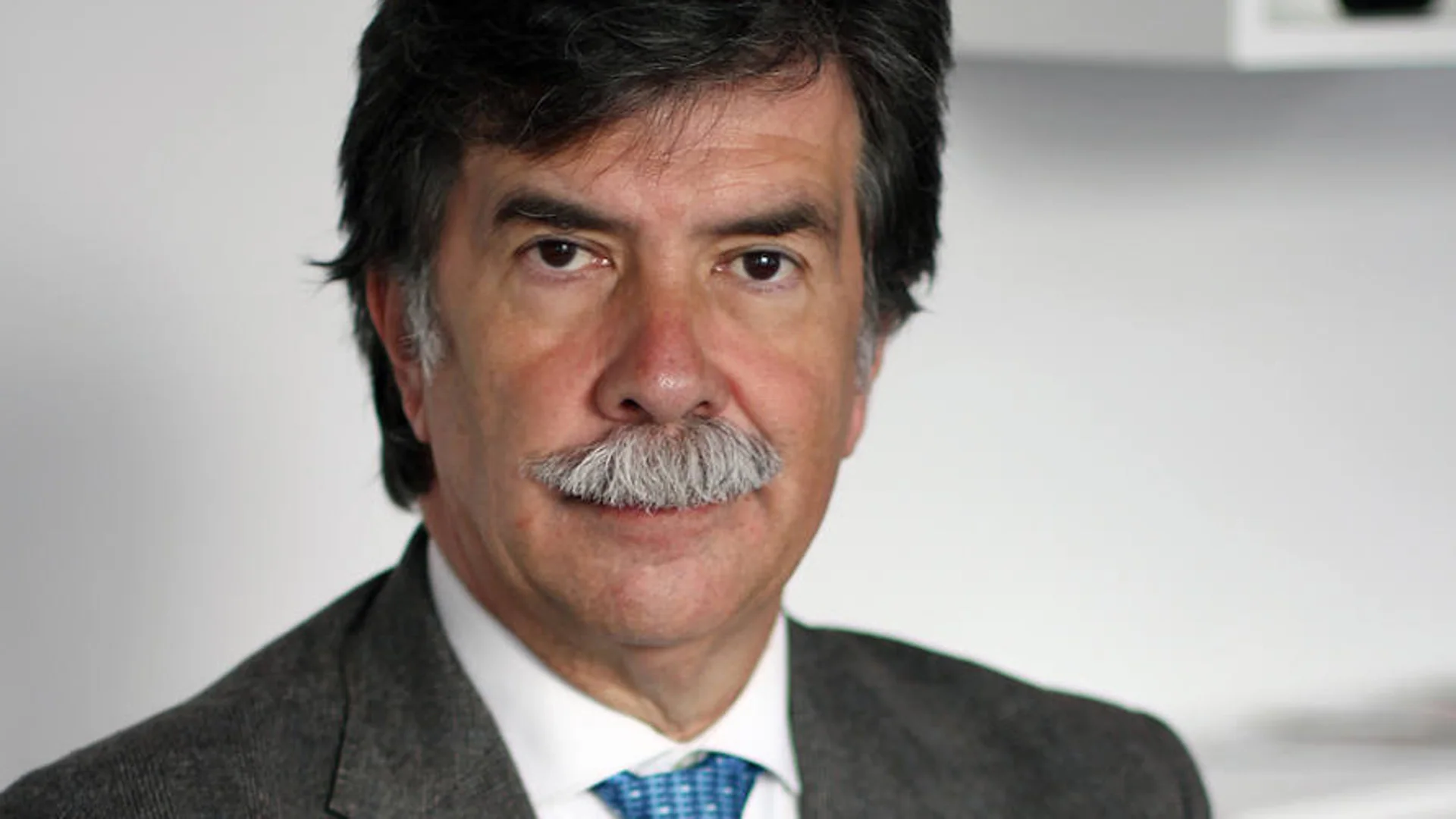Wednesday, October 9, 2024, 11:47
you need to be registered to access this functionality.
On the occasion of the free conference ‘There is no health without mental health’ organized by Salamanca Mental Health This Wednesday, at 6 p.m. at the Liceo theater, the psychologist and one of the greatest experts in child and adolescent mental health, Javier Urra visits Salamanca to draw the keys that allow us to understand mental health problems today.
You visit Salamanca in a presentation on the occasion of World Mental Health Day. What topics do you think you will discuss?
—I’ll try to talk a little about everything. If I have to summarize everything I am going to explain, I would say that the conference is going to be based on one main idea, which is: there is no health without mental health.
We often hear on social media that we are facing an epidemic of mental health problems. Is this real?
—In today’s society we face a wide variety of mental health problems, however, talking about an epidemic would not be accurate. Something that is happening is that, for several years now, we have been more attentive. Four years ago we went through a pandemic that was a time of great vulnerability. That has taught us to pay more attention to it. This does not mean that there are no mental health problems, on the contrary, there are many problems that must be addressed.
So, is it a misperception that there are more mental health problems now?
—It’s hard to say. The first thing to keep in mind is that in the past we faced many physical health problems. For example, there was a lot of infant mortality. This meant that the emotional aspects remained in the background, while now mental health is talked about. That doesn’t mean there isn’t a problem. In Spain, for example, we are the fifth country in the world in consumption of anxiolytics, hypnotics and antidepressants. Globally, we talk about the fact that one in four people will suffer from a mental disorder throughout their lives and that 15% of young people suffer from depression and that this is undervalued. What happens is that we often treat patients individually without realizing that the pathology is social. We must educate to prevent and eradicate social problems and for that it is essential to have the necessary economic resources.
What are the most prevalent mental health problems we have in our society today?
—Without a doubt, the first would be depression, then there is anxiety, thirdly we could say bipolar disorders, which are increasingly diagnosed, and in fourth place we would talk about addictions of all kinds.
Why have these problems become so prominent in our society?
—The first thing we have to think about is that mental health problems are complex. In many cases genetic factors are mixed, which is very important to continue studying. Furthermore, we live in a complicated society. We are talking about a time in which the culture of immediacy predominates. People want everything and fast. That generates a lot of frustration. People want to be famous, travel and see the whole world, see everything. That’s where the expression we hear so much these days comes from: “I can’t live without it.” Also, we have built a society that forgets about austerity and that life involves suffering. These concepts are very important to be able to face difficulties. Two of the points that I am going to discuss in the conference are “we must educate to strengthen character” and “let us prevent young people from being like glass, hard but fragile.” These are key to understanding many of the mental health problems we face.
In recent years, suicide rates have increased worryingly. What can be done to tackle this problem?
—In Spain, three people die by suicide for every one who dies in a traffic accident. It is an alarming statistic in which prevention could be an important factor. However, this is not easy at all. One of the key points is what I already mentioned before about strengthening character. Suicide occurs because the person does not find the tools to face so much suffering. For him, the situation is perceived as unbearable. It goes hand in hand with depression and hopelessness. When we see that a person begins to send messages that life has no meaning, we must be alert and put it in the hands of a professional, but as I already said, it is not easy to prevent suicide when a person has already made a decision.
Regarding social networks, do you consider them positive or negative?
—Social networks are positive in general, but when we talk about younger people, they sometimes put them at risk. For example, on the Internet we find many pro-anorexia pages or many sites that seek to recruit young people into sects. There is
